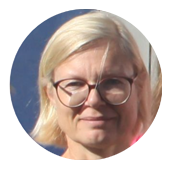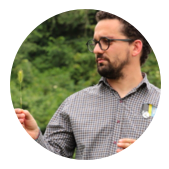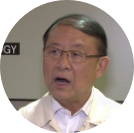Agroforestry is the integration of trees with crops and/or livestock, on the same land area. This approach (if well managed) increases productivity in comparison to conventional agriculture, captures carbon, regenerates soil, and increases biodiversity.
Similarly, mixed farming is the practice of integrating crop and livestock production to benefit from the resulting ecological and economic interactions.
There are several categories of agroforestry, depending on the components (trees, crops and/or livestock), their distribution in space (linear, scattered, hedges), and their distribution in time, and they are sometimes referred to as wood pastures, intercropped and grazed orchards, grazed forests, and forest farms.
The commonality between these practices is that they allow farmers to create biodiverse landscapes that reduce their dependence on a single product, whilst positively impacting the physical environment around them.













Co-Director
Professor
Associate Professor
Professor